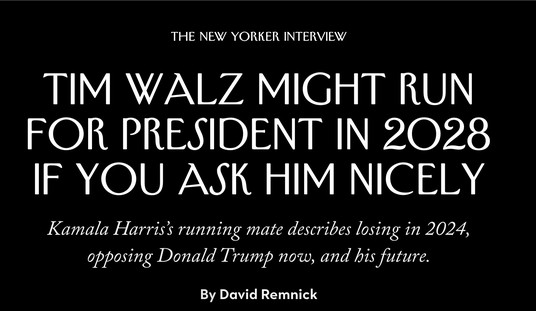When newspapers erroneously reported the death of arms manufacturer Alfred Nobel and issued venomous obituaries about him (it was his brother who had died), the inventor of dynamite spent the rest of his life attempting to change his legacy. He founded the Nobel Prize for peace, as well as for other endeavors, which have lasted for more than a century. With that in mind, what might be going through Venezuelan strongman Hugo Chavez’ mind as he reads the reaction to his announcement of having had surgery for cancer:
Markets have generally reacted positively to news of Chavez’s health problems, on the presumption they improve the chances of a more business-friendly government.
That sentiment continued on Friday with Venezuela’s benchmark 2027 bond up 2.0 points.
“Political vacuums are rarely to be encouraged, but this one could lead to a slowdown in public spending and could raise the likelihood of an opposition victory in the next elections, and thus a less confrontational governing style,” said Richard Segal, an emerging markets analyst at Jefferies in London.
It’s the political vacuum that the Venezuelan army wants to avoid. They took the rather notable step of insisting that everyone is behaving themselves in Venezuela to discourage a vacuum from developing, one that could implode the Chavez regime:
Army chief General Henry Rangel Silva said the military would guarantee constitutional order during Chavez’s absence for treatment in Cuba. The president, he said, would be home “soon” and was still in charge of Venezuela.
“We have seen our comandante thinner than usual but still standing. The truth is he is getting better, he’s fine,” Rangel told state television. “The country is calm.”
Reuters refers to Chavez as “normally vivacious,” an odd description for anyone who isn’t an entertainer (and usually a female), but the report uses it to note the pronounced lack of energy in Chavez’ statement. Fausta provides a partial translation and an observation based on her experience in watching Chavez:
“However, and in spite of the favorable general course, throughout the process of draining and healing, there appeared suspicion of the presence of other cellular formations that had not previously been detected. Therefore, a series of special tests was started immediately, cytochemical, cytopathologic, microbiologic, and pathologic, which confirmed the presence of an abscessed tumor with the presence of cancerous cells, which necessitated a second surgery.”
Note the labored, almost contrived, speech and elaborate syntax, along with the tense delivery, a big change from Chavez’s customary informal and very colloquial style.
It sounds as if the Chavez regime is very concerned about his ability to hold power. Chavez has not left Cuba yet, where surgery was performed, and has now announced that he will skip the bicentennial of Venezuela’s independence on July 5th. His absence will send a powerful message to Venezuelans who know that Chavez wouldn’t miss an opportunity for propagandizing unless his life depended on it. Silva’s assurances aside, Venezuelans may start thinking about what follows after Chavez — and they might start thinking that the post-Chavez era should start as soon as possible.
Update: Er, Chavez had surgery for cancer, not cancer for surgery, as I wrote originally. Yikes.








Join the conversation as a VIP Member